- Screening & Tests
- Diet & Exercise
- Rest & Relaxation
- Reproductive Health
- Head to Toe
- View Full Guide
Essential Screening Tests for Women

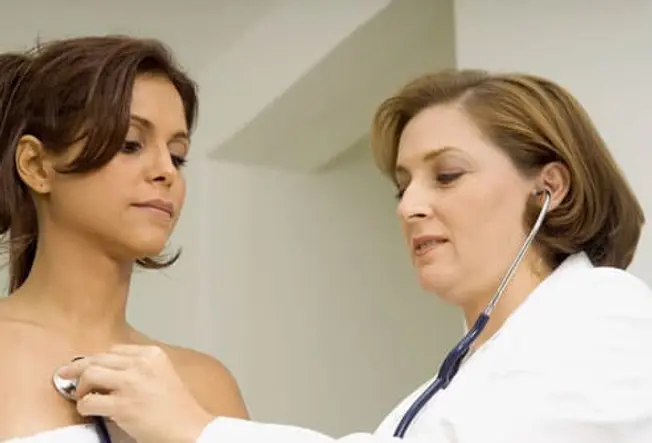
Why Screening Tests Are Important
Remember that old saying, "An ounce of prevention is worth a pound of cure"? Getting checked early can help you stop diseases like cancer, diabetes, and osteoporosis in the very beginning, when they’re easier to treat. Screening tests can spot illnesses even before you have symptoms. Which screening tests you need depends on your age, family history, your own health history, and other risk factors.
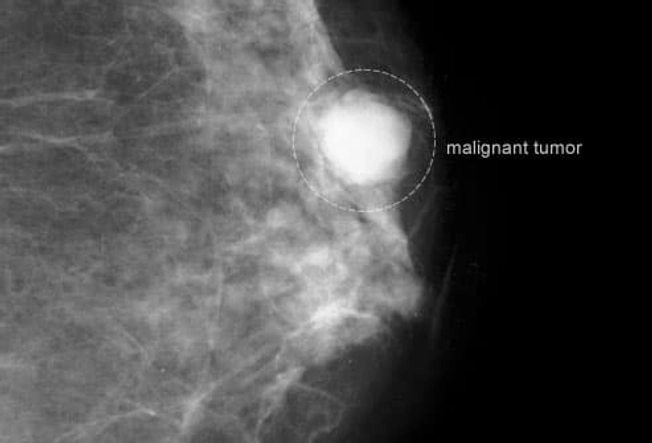
Breast Cancer
The earlier you find breast cancer, the better your chance of a cure. Small breast-cancers are less likely to spread to lymph nodes and vital organs like the lungs and brain. If you’re in your 20s or 30s, some experts recommend that your health care provider perform a breast exam as part of your regular check-up every one to three years. You may need more frequent screenings if you have any extra risk factors.
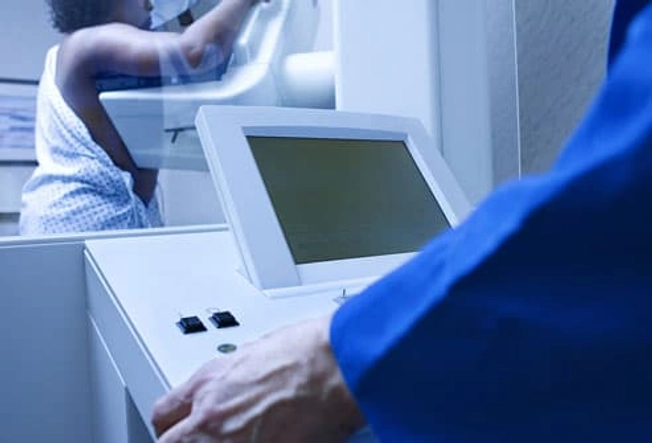
Screening With Mammography
Mammograms are low-dose X-rays that can often find a lump before you ever feel it, though normal results don’t completely rule out cancer. Some experts recommend that while you’re in your 40s you should have a mammogram every year. Recommendations vary between 1 and 2 years for mammograms from your 50s through your 70s. Of course, your doctor may recommend more frequent screenings if you’re at higher risk.
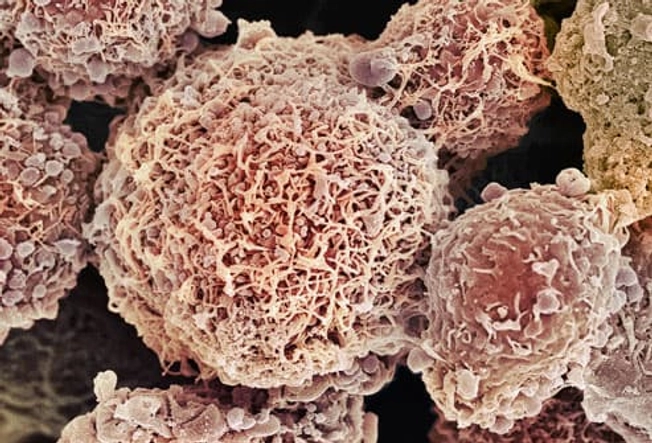
Cervical Cancer
Cervical cancer (pictured) is easy to prevent. The cervix is a narrow passageway between the uterus (where a baby grows) and the vagina (the birth canal). Your doctor may use Pap smears and or HPV testing to screen. Pap smears find abnormal cells on the cervix, which can be removed before they ever turn into cancer. The main cause of cervical cancer is the human papillomavirus (HPV), a type of STD.
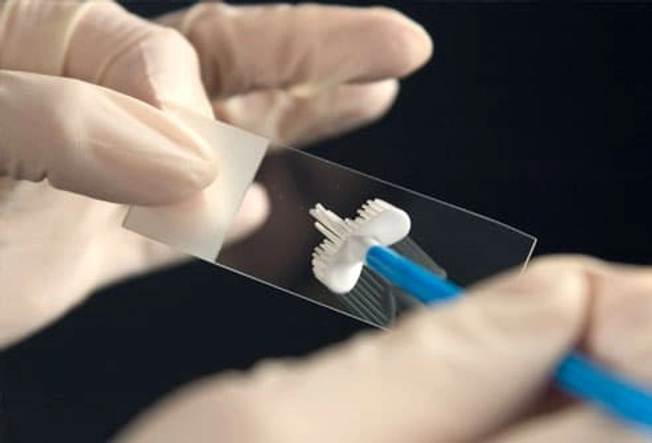
Screening for Cervical Cancer
During a Pap smear, your doctor scrapes some cells off your cervix and sends them to a lab for analysis. Your doctor will talk to you about whether you need a pap test alone or in combination with HPV testing. They will also talk to you about how often you need to be screened. If you're sexually active and at risk, you'll need vaginal testing for chlamydia and gonorrhea every year.
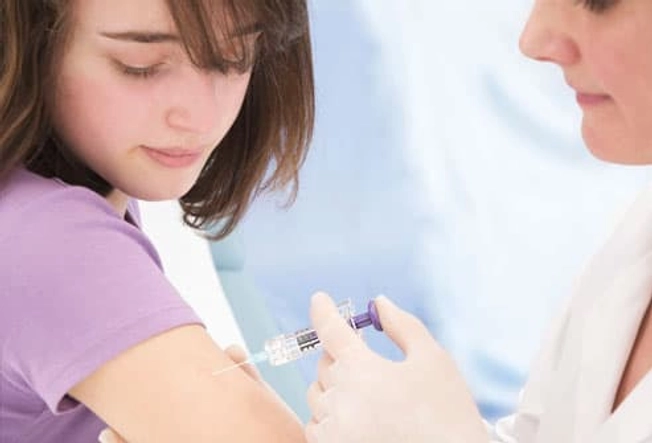
Vaccines for Cervical Cancer
HPV vaccines can protect women under 26 from several strains of HPV. The vaccines don't protect against all the cancer-causing strains of HPV, however, and not all cervical cancers start with HPV. So routine cervical cancer screening is still important.
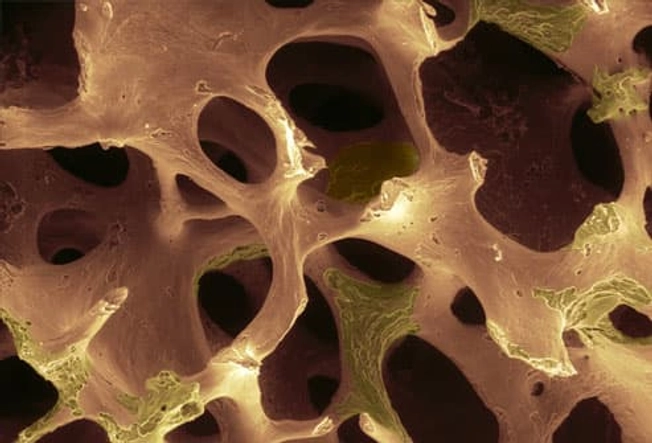
Osteoporosis and Fractured Bones
Osteoporosis is a state when a person’s bones are weak and fragile. After menopause, women start to lose more bone mass, but men get osteoporosis, too. The first symptom is often a painful break after even a minor fall, blow, or sudden twist. In Americans age 50 and over, the disease contributes to about half the breaks in women and 1 in 4 among men. Fortunately, you can prevent and treat osteoporosis.
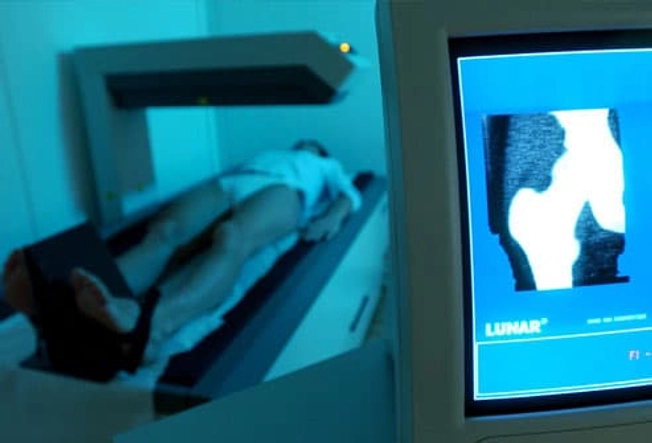
Osteoporosis Screening Tests
A special type of X-ray called dual energy X-ray absorptiometry (DXA) can measure bone strength and find osteoporosis before breaks happen. It can also help predict the risk of future breaks. This screening is recommended for all women age 65 and above. If you have risk factors for osteoporosis, you may need to start sooner.
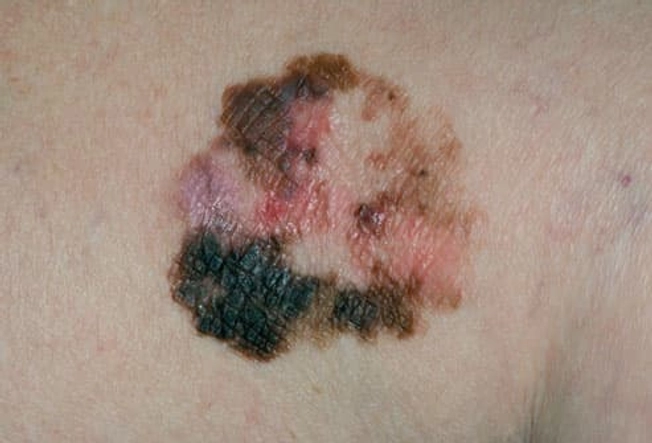
Skin Cancer
There are several kinds of skin cancer, and early treatment can be effective for them all. The most dangerous is melanoma (shown here), which affects the cells that produce a person’s skin coloring. Sometimes people have an inherited risk for this type of cancer, which may increase with overexposure to the sun. Basal cell and squamous cell are common non-melanoma skin cancers.
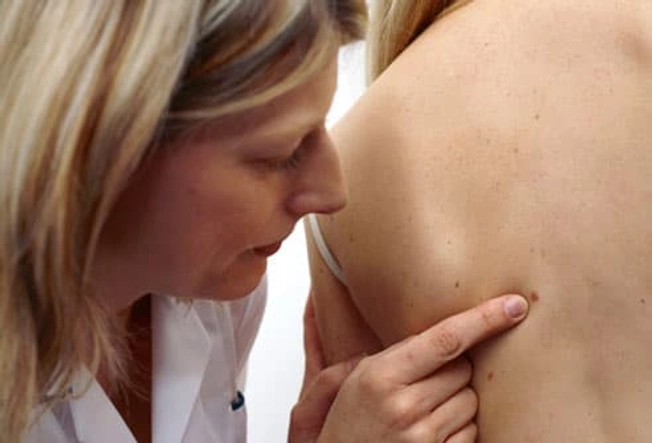
Screening for Skin Cancer
Watch for any changes in your skin markings, including moles and freckles. Pay attention to changes in their shape, color, and size. Some experts recommend that you should also get your skin checked by a dermatologist or other health professional during your regular physicals.

High Blood Pressure
As you get older, your risk of high blood pressure increases, especially if you are overweight or have certain bad health habits. High blood pressure can cause life-threatening heart attacks or strokes without any warning. So working with your doctor to control it can save your life. Lowering your blood pressure can also prevent long-term dangers like heart disease and kidney failure.
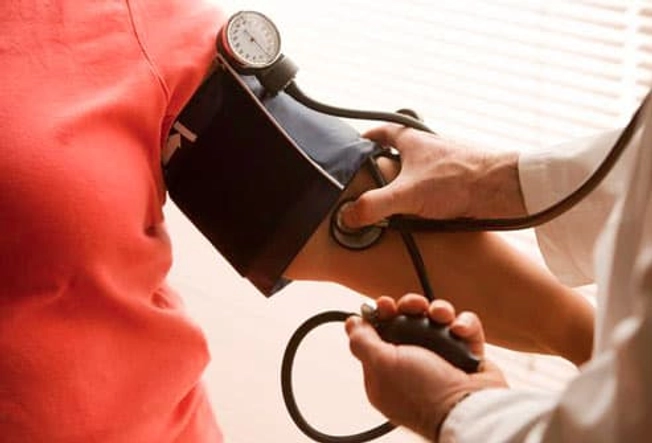
Screening for High Blood Pressure
Blood pressure readings include two numbers. The first (systolic) is the pressure of your blood when your heart beats. The second (diastolic) is the pressure between beats. Normal adult blood pressure is less than 120/80. High blood pressure, also called hypertension, is 130/80 or above. In between is considered elevated, a sort of early warning stage. Ask your doctor how often to have your blood pressure checked.
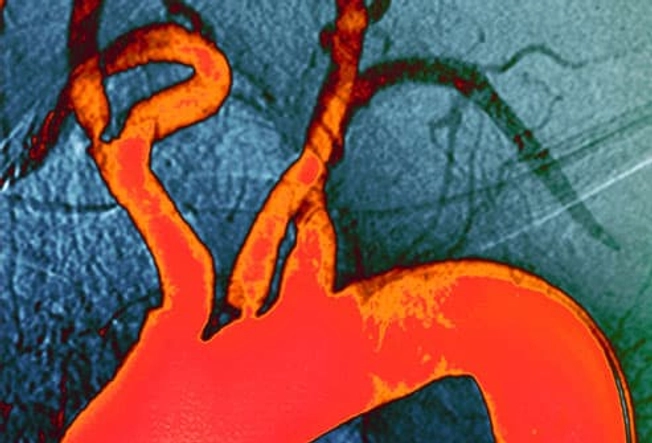
Cholesterol Levels
High cholesterol can cause plaque to clog your arteries (seen here in orange). Plaque can build up for many years without symptoms, eventually causing a heart attack or stroke. High blood pressure, diabetes, and smoking can all cause plaque to build up, too. It's a condition called hardening of the arteries or atherosclerosis. Lifestyle changes and medications can lower your risk.
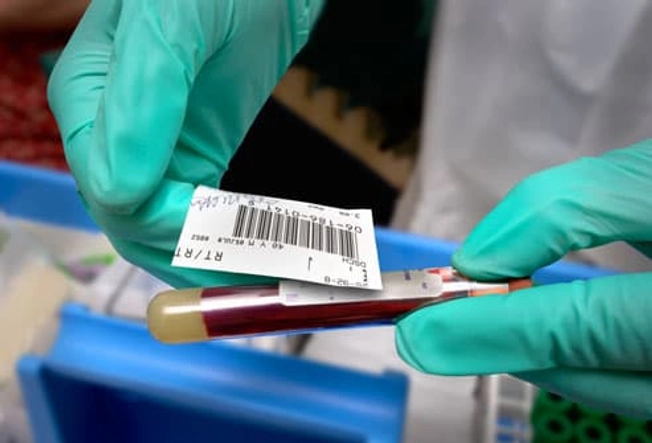
Checking Your Cholesterol
To get your cholesterol checked, may need to fast for 9 to 12 hours. Then you’ll take a blood test that measures total cholesterol, LDL "bad" cholesterol, HDL "good" cholesterol, and triglycerides (blood fat). Your doctor will talk to you about when to start and how often to check your levels.
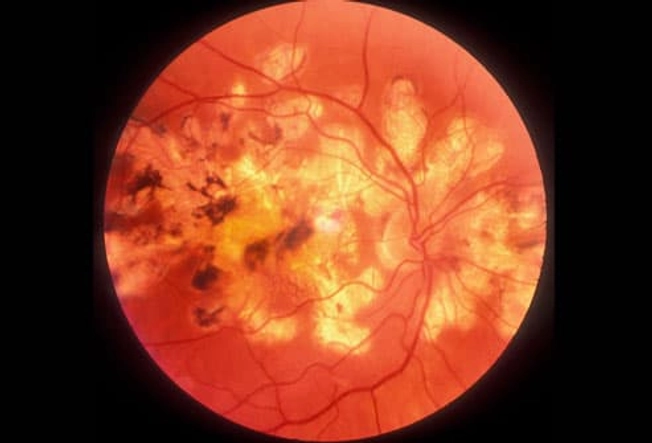
Type 2 Diabetes
One-third of Americans with diabetes don’t know they have it. Diabetes can cause heart or kidney disease, stroke, blindness from damage to the blood vessels of the retina (shown here), and other serious problems. You can control diabetes with diet, exercise, weight loss, and medication, especially when you find it early. Type 2 diabetes is the most common form of the disease. Type 1 diabetes is usually diagnosed in children and young adults.
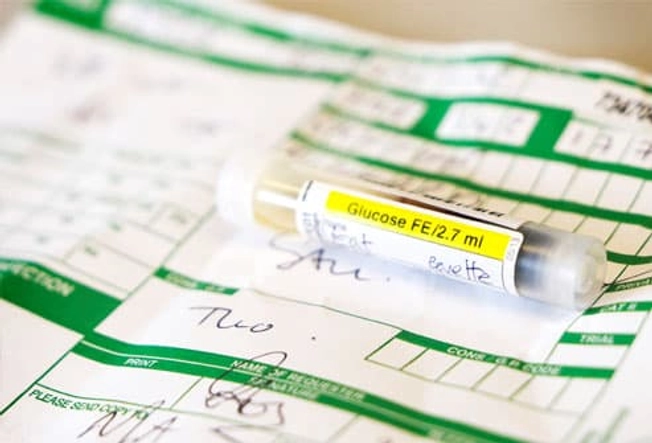
Screening for Diabetes
You’ll probably have to fast for eight hours or so before having your blood tested for diabetes. A blood sugar level of 100-125 may show prediabetes; 126 or higher may mean diabetes. Other tests include the A1C test and the oral glucose tolerance test. Your doctor will talk to you about when to start and how often to check your levels. Talk to your doctor about getting tested if you have a higher risk, like a family history of diabetes.
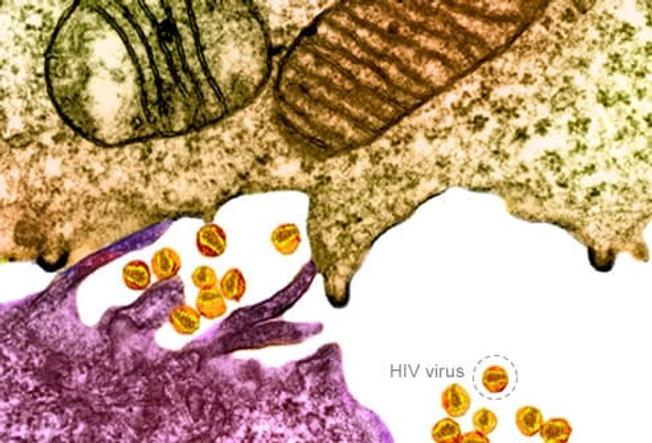
Human Immunodeficiency Virus (HIV)
HIV is the virus that causes AIDS. It’s spread through sharing blood or body fluids with an infected person, such as through unprotected sex or dirty needles. Pregnant women with HIV can pass the infection to their babies. There is still no cure or vaccine, but early treatment with anti-HIV medications can help the immune system fight the virus.
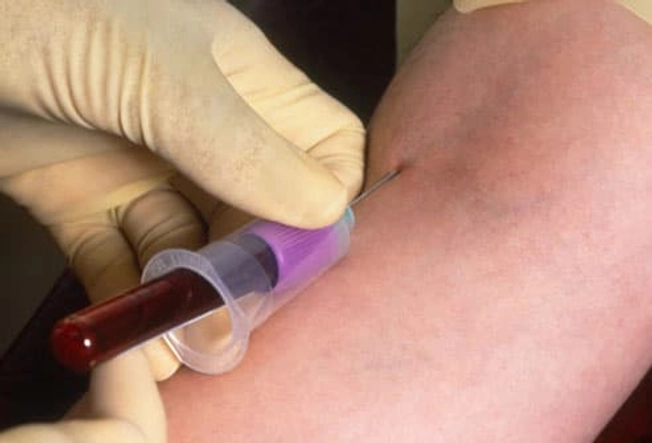
HIV Screening Tests
HIV can be symptom-free for many years. The only way to find out if you have the virus is with blood tests. The ELISA or EIA test looks for antibodies to HIV. If you get a positive result, you'll need a second test to confirm the results. Everyone who is at risk and sexually active should get tested. The USPSTF recommends that clinicians screen for HIV infection in adolescents and adults ages 15 to 65. Younger adolescents and older adults who are at increased risk should also be screened.
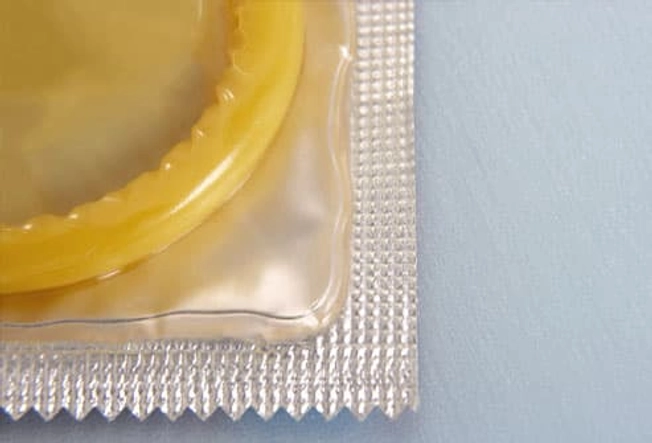
Preventing the Spread of HIV
Most newly infected people test positive around two months after being exposed to the virus. But in rare cases it may take up to six months to develop HIV antibodies. Use a condom during sex to avoid getting or passing on HIV or other STDs. If you have HIV and are pregnant, talk with your doctor about reducing the risk to your unborn child.

Colorectal Cancer
Colorectal cancer is the second most common cause of cancer death after lung cancer. Most colon cancers come from polyps (abnormal masses) that grow on the inner lining of the large intestine. The polyps may or may not be cancerous. If they are, the cancer can spread to other parts of the body. Removing polyps early, before they become cancerous, can prevent it completely.
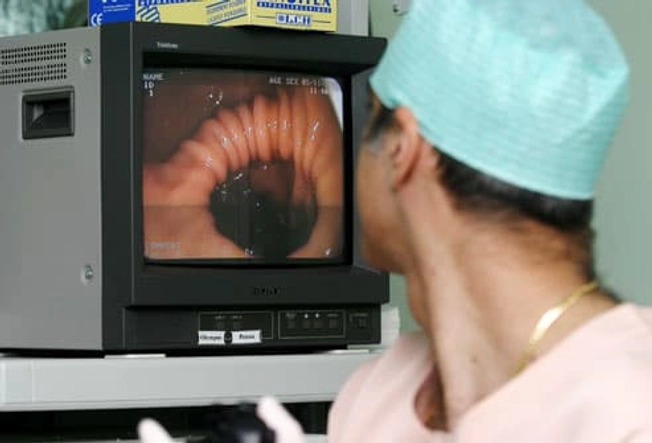
Screening for Colorectal Cancer
A colonoscopy is a common screening test for colorectal cancer. While you’re mildly sedated, a doctor inserts a small flexible tube equipped with a camera into your colon. If they find a polyp, they can often remove it right then. Another type of test is a flexible sigmoidoscopy, which looks into the lower part of the colon. If you’re at average risk, screening usually starts at age 45. Your doctor may also screen you with different kinds of take home stool cards.
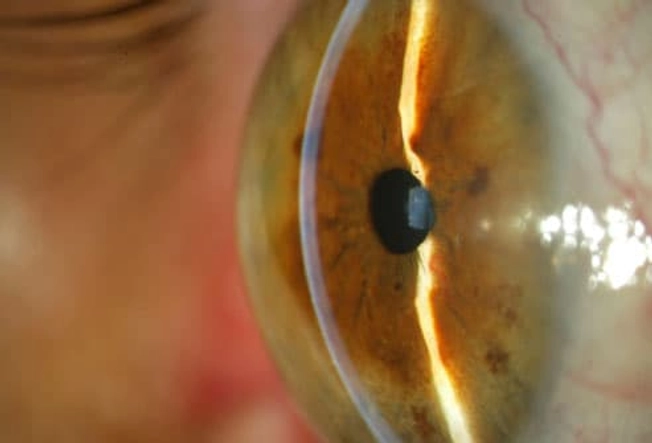
Glaucoma
Glaucoma happens when pressure builds up inside your eye. Without treatment, it can damage the optic nerve and cause blindness. Often, it produces no symptoms until your vision has already been damaged.
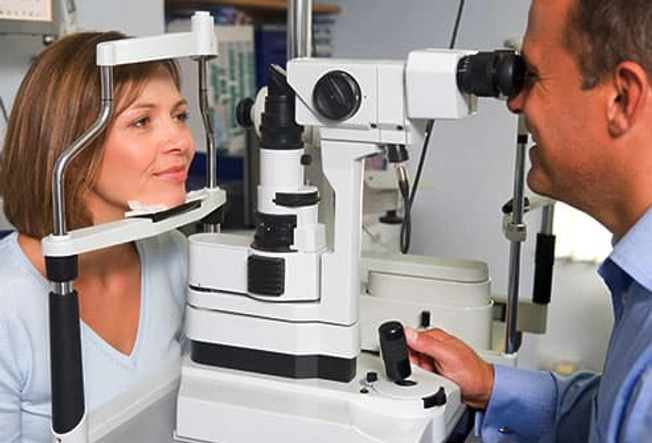
Glaucoma Screening
How often you should get your eyes checked depends on your age and risk factors. They include being African-American or Hispanic, being over 60, eye injury, steroid use, and a family history of glaucoma. Talk to your doctor about how often and when to start glaucoma screening.

Ask Your Doctor About Screenings
It's good health sense to talk with your doctor about screening tests. Some tests, such as a Pap test or breast exam, should be a routine part of every woman’s health care. Other tests might be necessary based on your risk factors. Proper screening won’t always prevent a disease, but it can often find a disease early enough to give you the best chance of overcoming it.